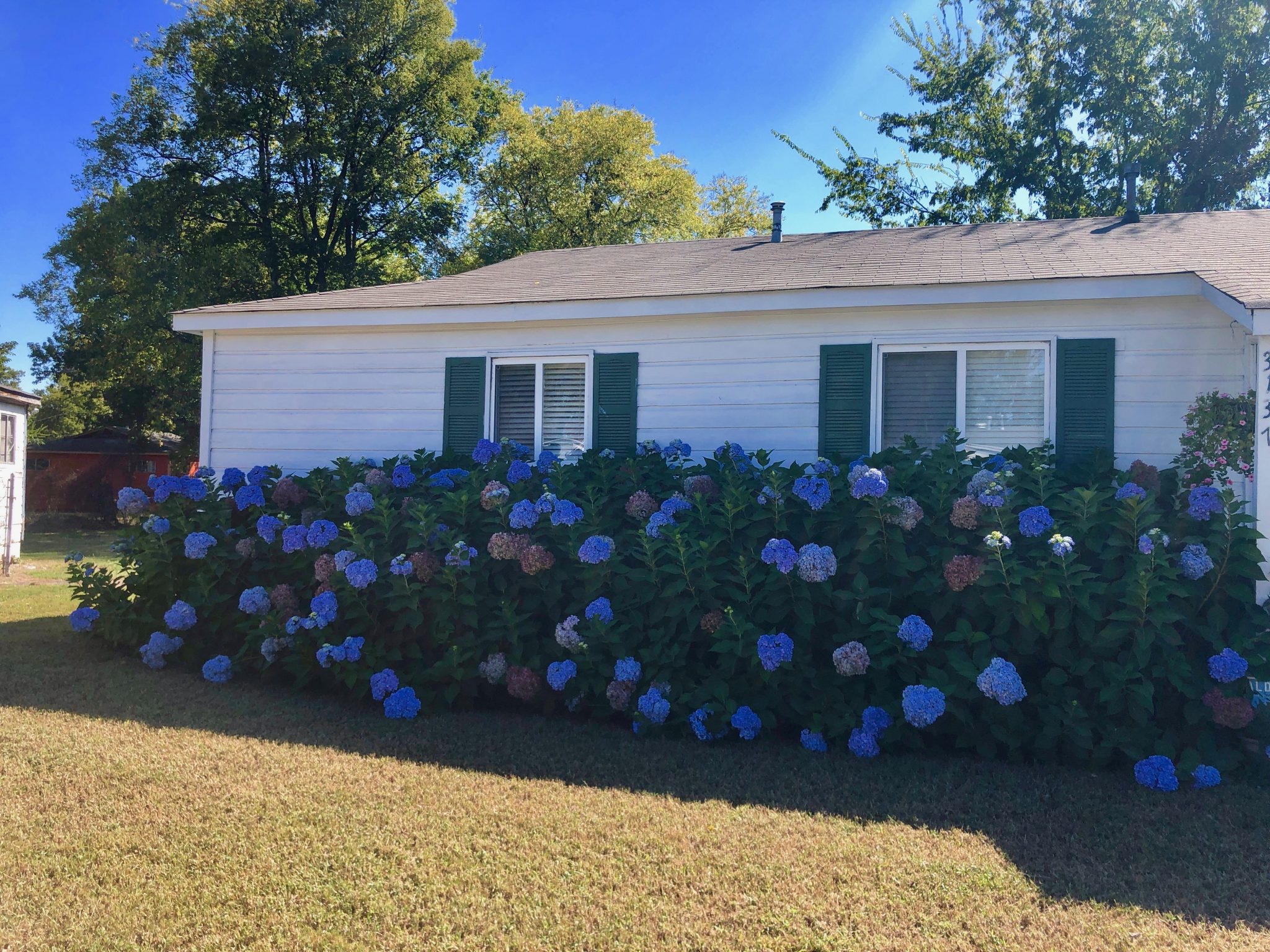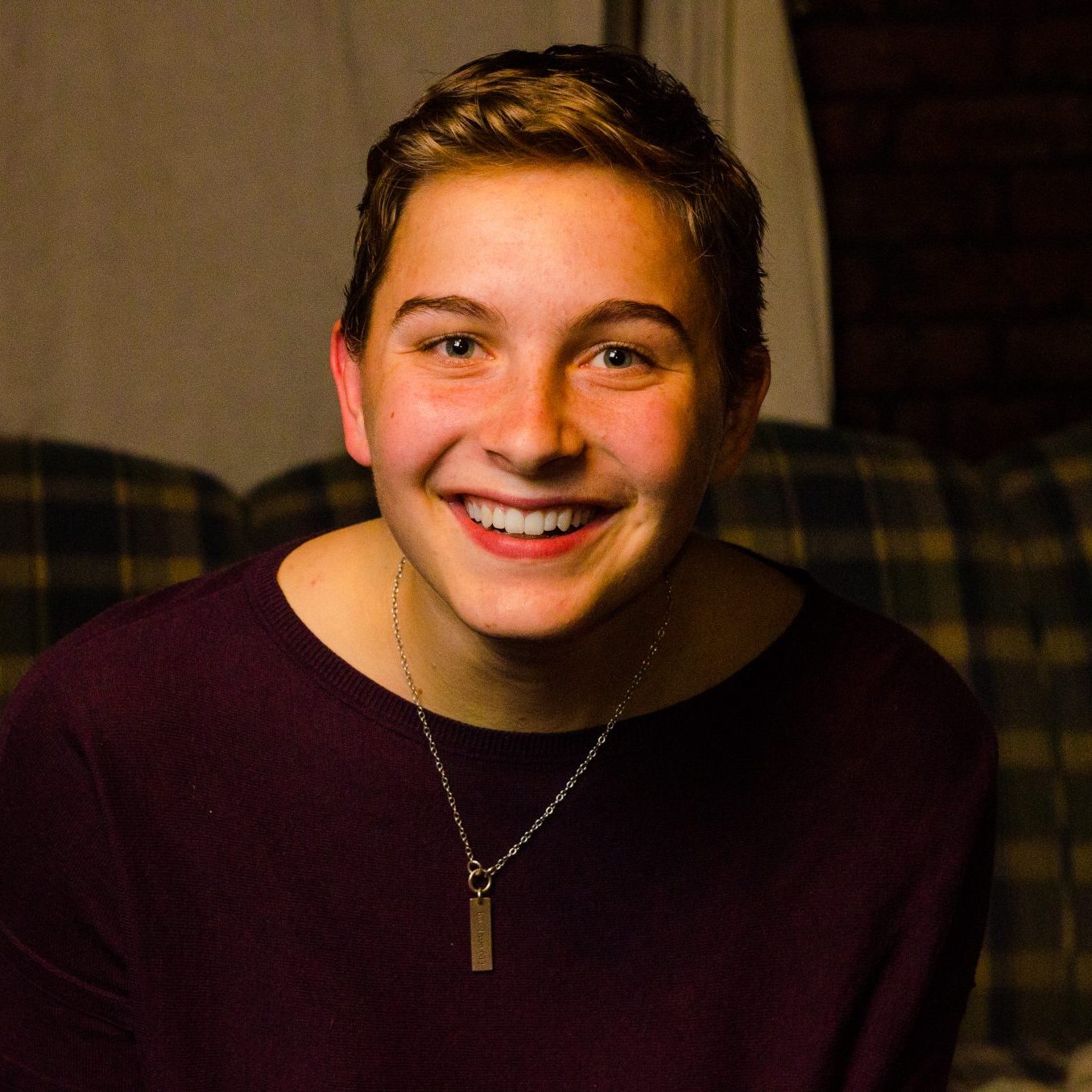The Importance of Telling the Whole Story
When I call my parents in Virginia or my college friends in Chicago, they always want to hear about my work with GASP.
“How’s your internship going?”
“Tell me about what you do!”
I get really excited about the opportunity to talk to them about environmental social issues that they might not have to think about on a regular basis. As I have been shaped by my environmental studies, I believe that people can be changed by the story of Birmingham and the 35th Avenue Superfund Site.
I’ve also been realizing that, after I tell people about the air and soil contamination issues facing 35th Avenue as a result of racism and resource exploitation, people first respond appropriately: “Wow, that’s terrible!” Oftentimes, the conversation ends there. I’m left with a bitter taste in my mouth, almost as if there is something unsaid, like, “Wow, that’s terrible, we’re so glad that that is not us.”
This is almost always how 35th Avenue’s story gets told: in documentaries, in how we explain to volunteers why we’re giving away food at our pop-up markets, in the tours that neighborhood leaders give to point out the coke plants and insufficient infrastructure, in the air monitoring studies that we conduct. Many of our friends who live there would like to move away, and only haven’t because they don’t have the resources. But not everyone tells the story that way, some people want to stay. When I first started working with GASP, I couldn’t understand that. There’s elevated contamination in the area! How could they disregard “the science?” Though I told myself that residents of the area must know much better than me what they needed, deep down, I questioned if they were just not willing to hear the story.
In late September, Nina and I went canvassing in Fairmont to hand out flyers in preparation for our North Birmingham Right to Breathe caravan. It felt good to be outside and walking around especially since I had been feeling down that week: two months spent adjusting to pandemic life in a new city had finally taken its toll. It was also an absolutely beautiful day, with bright sunshine and wind that made the big trees roar. I was struck upon turning a corner to see a house up to its windows in fresh blue hydrangeas, the same kind that my grandma loves. The afternoon was full of sweet moments like that: noticing fresh paint on someone’s porch, learning the names of trees from Nina, meeting a kind lady who brought us water bottles from her fridge, and reveling in the quietness of the neighborhood. If 35th Ave is anything, it is first and foremost people’s home, a place where families hang out on porches on nice fall days, grandmothers plant flowers, and people tell their own stories.

I remembered this day when I read Nikki Giovanni’s poem, “Nikki Rosa,” in which she writes about how hard it is to tell the complicated story of growing up Black in America. Yes, there is hardship, but more important to her is that people talk about the “happy birthdays and very good // Christmases.” I really recommend reading the full thing, but hear her conclusion,
…I really hope no white person ever has cause
to write about me
because they never understand
Black love is Black wealth and they’ll
probably talk about my hard childhood
and never understand that
all the while I was quite happy
We can all identify ourselves in Giovanni’s poem because we all want our full stories told. We have all been labeled without being listened to. I am living this now in my personal life as I get to know people in Birmingham. I hope that I will not just be known for being homesick and burnt-out, but for the things I am when I am at my best — a baker, a choral singer, and a good friend. We all want to be seen and cherished. Yet, Giovanni doesn’t deny that being fully known includes telling what we struggle with; she agrees that her childhood was “hard.” I need friends who will see my struggle to find belonging here and grieve with me then challenge me to keep going. We need people who know our full stories and stick with us through it all.
But furthermore, I think we should identify ourselves in Giovanni’s poem as the person who has reduced someone else’s story to their struggle. I am guilty of telling the story of 35th Ave without including the hydrangeas or colorful porches. We need to talk about how Fred Shuttlesworth was from Collegeville and how some of the best environmental organizers of our time are rising out of Harriman Park. We may need to go on more walks on beautiful fall days in Fairmont. We can’t get close to helping people until we see them for everything – the good and the bad. While we won’t diminish the seriousness of the contamination they have to bear, we also cannot afford to miss all that we must cherish in 35th Ave.

Erin Rhodes
EJ Intern
Erin is studying environmental science with a certificate in Human Needs and Global Resources at Wheaton College, a liberal arts school in the Chicago area. She moved to Birmingham this summer and is assisting with environmental justice outreach in North Birmingham. Erin has been instrumental in coordinating the North Bham Pop-Up Market in Harriman Park and Acipco-Finley.

